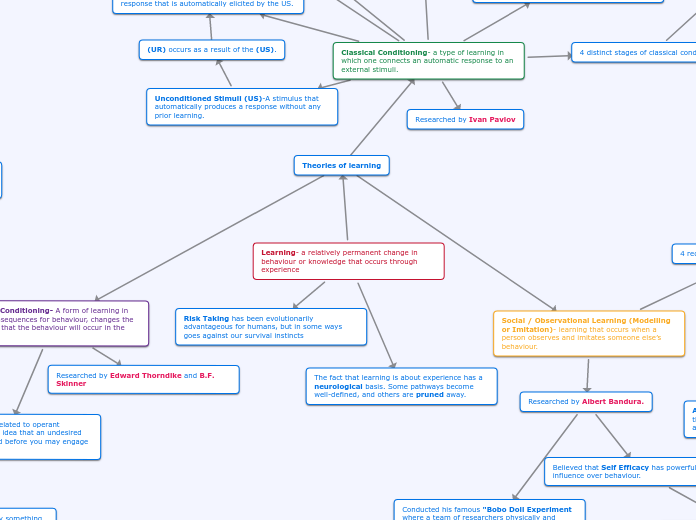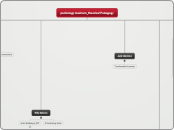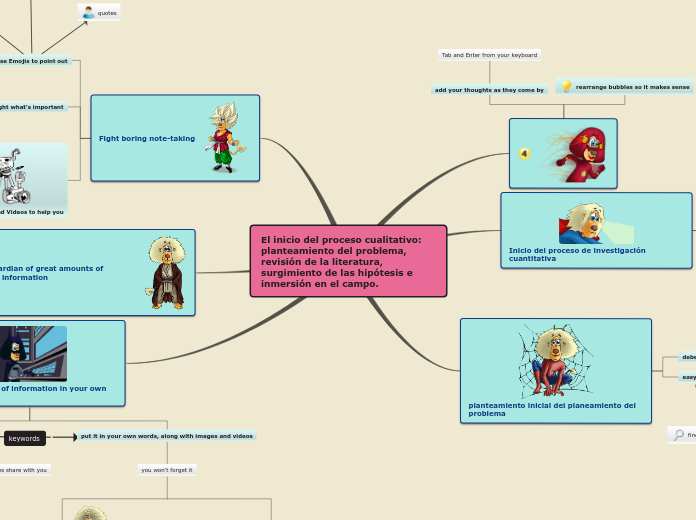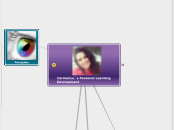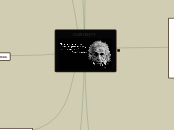Classical Conditioning- a type of learning in which one connects an automatic response to an external stimuli.
Researched by Ivan Pavlov
Systematic Desensitization- a method (based on classical conditioning) that reduces anxiety by getting the individual to associate deep relaxation with successive visualizations of increasingly anxiety-producing situations.
4 distinct stages of classical conditioning.
These stages are not in any particular order. One does not need to pass through one stage before going to the next, nor does a person/animal necessarily experience all the stages.
Discrimination- occurs when an individual learns to produce a conditioned response to one stimulus, but not to another similar stimulus.
Essentially, opposites.
Generalization- After a conditioned response to one stimulus has been learned, the subject may also respond to similar stimuli without further training.
Extinction- the disappearance of the conditioned response brought about by repeatedly presenting the stimulus without the US.
Acquisition- the initial phase of learning the conditioned response.
Conditioned Stimulus (CS)- a previously neutral stimulus that eventually elicits a conditioned response after being associated with the US.
(CR) occurs as a result of the (CS).
Conditioned Response (CR)- A learned response to the conditioned stimulus that occurs after US-CS pairing.
Neutral Stimulus- a stimulus that does not bring about a desired response (before learning or conditioning).
Neutral Stimulus turns into the Conditioned Stimulus after association with US.
Unconditioned Response (UR)- An unlearned response that is automatically elicited by the US.
Unconditioned Stimuli (US)-A stimulus that automatically produces a response without any prior learning.
(UR) occurs as a result of the (US).
Social / Observational Learning (Modelling or Imitation)- learning that occurs when a person observes and imitates someone else’s behaviour.
Researched by Albert Bandura.
Believed that Self Efficacy has powerful influence over behaviour.
Self Efficiency- the belief that one can master a situation and produce positive outcomes.
Conducted his famous "Bobo Doll Experiment where a team of researchers physically and verbally abused an inflatable doll in front of preschool-age children, which led the children to later mimic the behaviour of the adults by attacking the doll in the same fashion.
4 requirements for Observational Learning.
Reinforcement- if the model is reinforced than it enhances the effects of observational learning.
Motor Reproduction- must have the skill and practice to be able to replicate.
Retention- the learner requires clarity and meaning from the model.
Attention- the model must have the attention of the learner (ideally the model should be appealing to the learner).
Operant Conditioning- A form of learning in which consequences for behaviour, changes the likelihood that the behaviour will occur in the future.
Premack Principal- Related to operant conditioning, this is the idea that an undesired task must be completed before you may engage in a reinforcing activity.
Researched by Edward Thorndike and B.F. Skinner
Punishment –A consequence that decreases the probability of a behaviour occurring.
NegativePunishment- taking away something desirable in response to an observed behaviour.
Positive Punishment- adding an adverse stimuli in response to an observed behaviour.
Reinforcement- Anything that has the effect of strengthening a particular behaviour and makes it likely that the behaviour will happen again.
Schedules of Reinforcement.
Variable-Interval Schedule- A response is reinforced after a variable amount of time has elapsed.
Fixed-Interval Schedule- The first appropriate response after a fixed amount of time is reinforced.
Reinforcement occurs after a period of time
Variable-Ratio Schedule- A behaviour is reinforced after an average number of times, but on an unpredictable basis.
Reinforcement occurs after a response.
One doesn't know when reinforcement will occur.
Fixed-Ratio Schedule- A behaviour is reinforced after a set number of responses.
One knows when reinforcement will occur.
Reinforcement is generally more effective than punishment in the long-term.
Negative Reinforcement- taking away something negative after a behaviour is observed.
Positive Reinforcement- adding something positive after a behaviour is observed.
Learning- a relatively permanent change in behaviour or knowledge that occurs through experience
The fact that learning is about experience has a neurological basis. Some pathways become well-defined, and others are pruned away.
Risk Taking has been evolutionarily advantageous for humans, but in some ways goes against our survival instincts
Theories of learning
